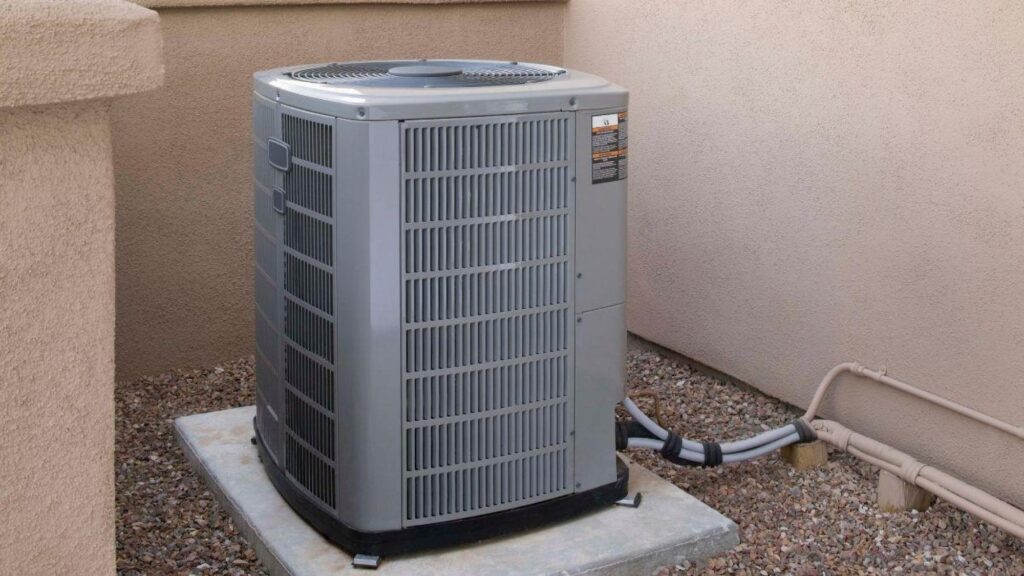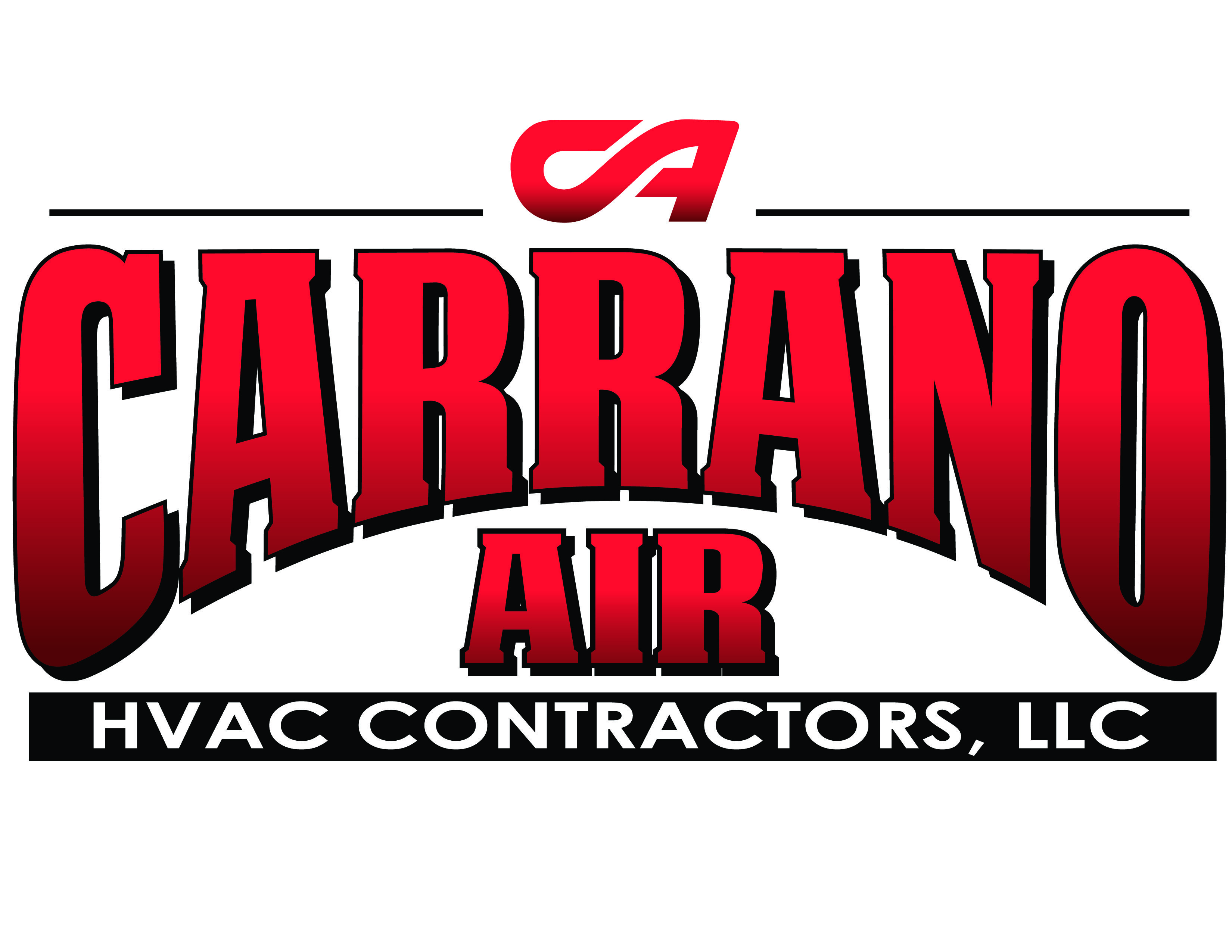
Introduction:
Are you planning to buy a new air conditioner? Call AC & Heating Experts Princeton to find the perfect solution for your space, cooling needs and budget.
When evaluating the different types of air conditioners that you can buy, you need to become familiar with some jargon or you risk making the wrong choice and losing money. One of these terms is “BTU,” a very important acronym in any air conditioning conversation.
What does BTU mean for AC devices? Read on to learn all about AC & Heating Experts Princeton, a trusted air conditioning replacement and installation company in Princeton, New Jersey.
What Does BTU Mean?
BTU is an abbreviation for British Thermal Unit. Basically, it is a unit of measurement that indicates how much heat an air conditioner can extract from the room it is cooling in an hour.
Manufacturers use it to indicate the cooling capacity of an air conditioner because the standard compares well with different types of systems. For example, window air conditioners often operate between 5,000 and 10,000 BTUs, while central air conditioners have between 10,000 and 50,000 BTUs. If you want to find the perfect system for the space you have in mind, this is one of the most important parameters to consider when purchasing an air conditioner.
Why Is the British Thermal Unit (BTU) Figure a Big Deal for Air Conditioners?
The world of cooling and heating doesn’t reserve the BTU metric for air conditioning; You will also find it on other HVAC devices such as: Ovens, see. However, this is very important in air conditioning systems as it indicates how much heat transfer can be expected from your unit per hour. Ultimately, this describes the performance you can expect from your air conditioner!
It is important to check the BTU rating of an air conditioner before purchasing. One reason is to help you avoid purchasing an over- or under-performing device.
Overpowered Air Conditioners Cost More to Run
If you buy an air conditioner that is too powerful (with a higher BTU output than your room needs), your electric bills will increase because the cycles are shorter and energy is wasted. If you cycle frequently, you can also expect the parts to wear out more quickly. Therefore, you need to replace the device faster than usual.
Additionally, because the air conditioner compressor shuts off faster than it should, the air conditioner is not extracting enough heat from your home. You pay more electricity bills every month without enjoying the comfort you want.
Underpowered Air Conditioners Don’t Last Long
Purchasing an air conditioner with low performance (much lower BTU value than needed) presents similar problems. For example, your air conditioner runs extremely long cycles to cool your home. This also creates hot zones around the property.
An undersized device will use too much power overall, even if you follow all the generally recommended tips for efficient AC operation. So what does BTU mean when purchasing air conditioners? It could be the difference between comfort and constant thermostat fiddling or an astronomical monthly electric bill.
Does A British Thermal Unit Measure Energy Efficiency?
No, technically an air conditioner’s BTU rating does not measure its energy efficiency. To do this, you need to look at the seasonal energy efficiency ratio. A higher SEER rating means the device operates more efficiently.
So a higher BTU value only highlights the heat transfer capacity of the air conditioner, not the amount of energy it requires to perform that function. However, the BTU level of an air conditioner can affect its efficiency. For example, a device that is not the right size for the room will use too much power, either from short cycling or long running.
Calculating the Right BTU Rating for Your Home
On average, experts recommend at least 20 BTUs for every square foot of living space you want to cool. Depending on your needs, multiply the square footage of the room or the entire house by 20.
For example, a 2,000 square foot home requires a 40,000 BTU air conditioner to cool the entire home. If your calculation shows more than 50,000 BTUs, you need to explore the possibility of combining central and split air conditioners or heat pumps. That’s why it’s helpful to work with experts like AC & Heating Experts Princeton when planning, selecting and installing your cooling systems.
You can’t just buy a 50,000 BTU air conditioner if your room only needs 25,000 BTU output. This will not cool your home any faster and will result in the other disadvantages mentioned above. And why spend more on an air conditioner you don’t need?
Also keep in mind that the calculations in this segment are estimates. Qualified HVAC technicians always consider other factors before determining how many BTUs your space needs for comfort, efficiency, and a long-lasting unit.
Other Important Considerations for a Better BTU Estimate
Are there any other important variables you should consider when calculating the BTU rating of your next air conditioner? Try this:
The Ceiling Height
HVAC experts like AC & Heating Experts Princeton consider the cubic volume of the room, not just the floor space, when calculating the right size of an air conditioner. Standard BTU calculations are for ceilings that are 8 feet high. If the distance between your ceiling and the floor is more or less than 8 feet, you will need to adjust your calculations accordingly.
The Climate Zone
The U.S. Department of Energy has a climate zone map based on temperatures in different parts of the country, dividing the map into five zones. The higher the zone number, the more BTUs per square foot are needed to cool the home.
So what does BTU mean for air conditioners in New Jersey? These areas are among the hottest zones one and two. Depending on where you live, you will need 30 to 40 BTUs per square foot, while states in the northernmost parts of the country (Zone 5) may require 50 to 60 BTUs per square foot.
Level of Exposure to Direct Sunlight
A house with very little shade will receive a lot of sun during the day. Direct sunlight puts even more strain on your air conditioning condenser as it has to work harder to counteract the ambient air temperature. In such cases, you may need to expand your BTU calculations.
Some homeowners try to reduce the load on their air conditioning compressor by creating artificial shade around it. However, the results won’t be all that different. The compressor runs longer and longer to compensate for the influx of UV rays indoors.
On the other hand, if you have a lot of shade around your property, you may be able to afford a slightly lower BTU. Since the air conditioner has to remove a smaller amount of heat from the interior, a less powerful unit may be sufficient.
Your Home’s Insulation
High-quality insulation ensures that cool air stays in and warm air stays out. If you live in a newer property with intact insulation, you can usually afford to upgrade to an air conditioner with a slightly lower BTU rating. In contrast, a poorly insulated home of the same dimensions will require a higher BTU to deal with air leaks, unsealed windows, and poor insulation.
Of course, you can consider purchasing a low BTU air conditioner while improving your home’s insulation! For older buildings, however, heavier insulation may not be practical. A higher BTU air conditioner might be the only realistic choice.
Type of Windows and Doors
A home with double or triple glazed windows will retain air conditioning better than single glazed windows. Likewise, the air conditioning is better maintained in a house with a few doors that lead directly to the outside than in a house with several such doors.
Types of Window Treatment
Heavy drapes and drapes keep UV rays out better than light-colored fabric blinds or roller blinds. In two houses with the same insulation, the air conditioning will run a little louder if the window curtains are light and let in a lot of sunlight.
The Property’s Architecture
The layout of your property will also affect the size of the air conditioner needed to keep you cool in the height of summer. An open floor plan requires a higher BTU of air conditioning than a multi-story building of roughly the same square footage. Air conditioning makes it easier to cool smaller, enclosed spaces.
FAQs about BTUs for AC units:
Q: What does BTU mean for AC units?
A: BTU stands for British thermal unit. It is a unit of energy used to measure the amount of heat that can be transferred from one object to another. In the context of AC units, BTUs measure the amount of heat that an AC unit can remove from a room.
Q: How many BTUs do I need for my AC unit?
A: The number of BTUs you need for your AC unit will depend on the size of your home, the climate you live in, and the amount of insulation in your home. A good rule of thumb is to get an AC unit that is rated for at least 60 BTUs per square foot of living space.
Q: What is the difference between BTUs and SEER?
A: BTUs measure the amount of heat that an AC unit can remove from a room. SEER stands for Seasonal Energy Efficiency Ratio. It is a measure of how efficient an AC unit is at cooling a home over the course of an entire season. A higher SEER rating means that the AC unit is more efficient.
Q: How do I choose the right AC unit for my home?
When choosing an AC unit for your home, there are a few factors you need to consider:
- The size of your home: The size of your home will determine the number of BTUs you need.
- The climate you live in: The climate you live in will affect the SEER rating you need.
- The amount of insulation in your home: The amount of insulation in your home will affect the number of BTUs you need.
- Your budget: AC units can range in price from a few hundred dollars to several thousand dollars.
Once you have considered these factors, you can start shopping for an AC unit. Be sure to compare different models and brands to find the best one for your needs.
Q: How can I save money on my AC bill?
There are a few things you can do to save money on your AC bill:
- Get an AC unit that is the right size for your home.
- Choose an AC unit with a high SEER rating.
- Seal air leaks around your home.
- Insulate your home.
- Keep your blinds and curtains closed during the day.
- Use fans to circulate the air in your home.
- Set your thermostat to a higher temperature when you are away from home.
Consult AC & Heating Experts Princeton for Quality Air Conditioning Sizing Today!
What does BTU mean for air conditioning in your region and building style? Knowing the answer is one thing; Calculating the numbers is another. So why not ask our professionals to help you get the exact measurements you need to choose the best BTU value?
Call AC & Heating Experts Princeton today at (609) 283-4475 to find the perfect replacement for your old air conditioner. We’ve helped countless property owners in Princeton, NJ and surrounding areas find exactly what they need and we’re here to help you.
